
Veteran education technologist Ellen Wagner examines a point that is too often missing from discussions of "digital transformation".
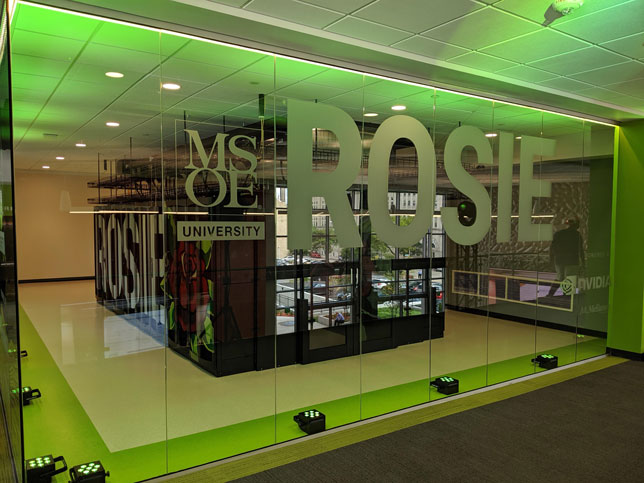
A new supercomputer at the Milwaukee School of Engineering will serve both research and instruction in artificial intelligence and deep learning for the university's computer science program.
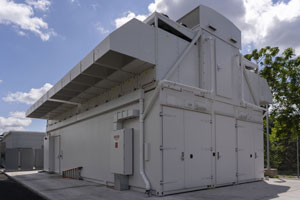
MIT's new TX-GAIA supercomputer combines nearly 100 Intel processors and 900 Nvidia GPU accelerators to create a system optimized for AI applications.

Internet2 has moved beyond its piloting of "Cloud Connect" and made it generally available to members that want direct access to major cloud services.

The IBM Q Network is looking to foster joint research opportunities with universities in an effort to expand the field of knowledge around quantum computing.
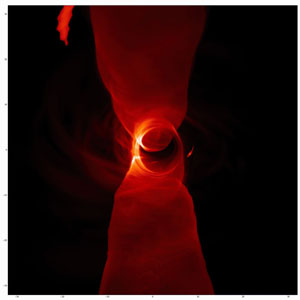
Supercomputing resources at the Texas Advanced Computing Center, hosted at the University of Texas at Austin, played a role in the processing of data related to the recent headline-worthy release of the first image of a black hole.
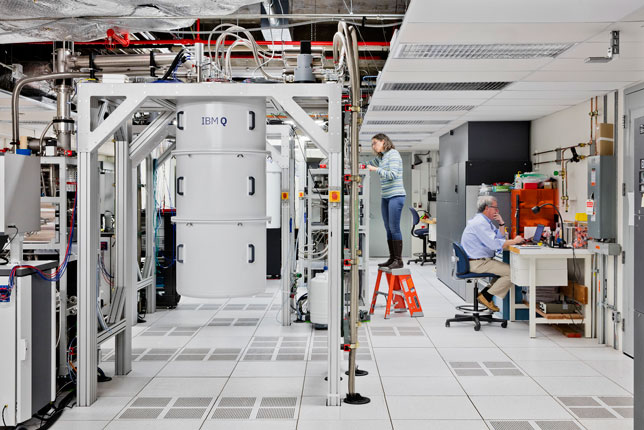
North Carolina State University is working with IBM to develop the next generation of workers who have experience with quantum computing.

Georgetown University is expanding its efforts with Google Cloud to improve the institution's ever-expanding data needs and facilitate interdisciplinary collaboration.

Indiana University's Research Technologies center has received $1.3 million from the National Science Foundation to fund operations for the Jetstream research computing cloud through 2020.
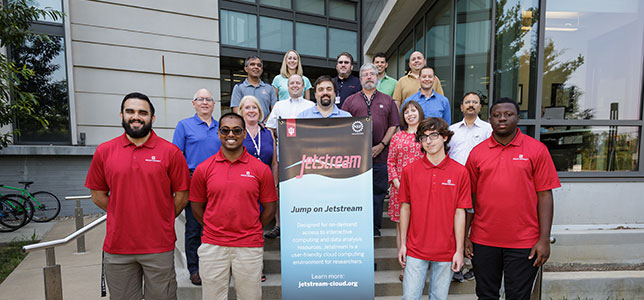
Indiana University led the creation of an on-demand cloud platform that extends scientific and research computing resources to more higher education communities.